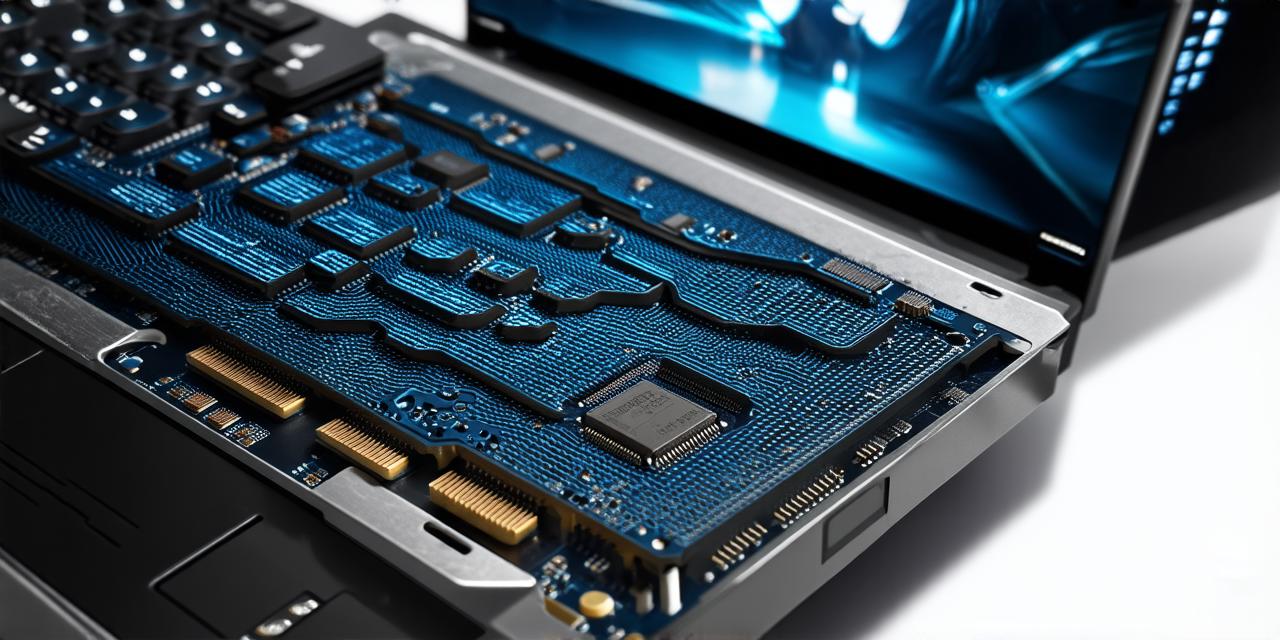Minimum System Requirements
Unreal Engine is a powerful game development platform that allows developers to create stunning visual effects, immersive environments, and engaging gameplay mechanics. However, before you can start developing your own games with Unreal Engine, you need to have a computer system that meets the minimum requirements.
The minimum system requirements for Unreal Engine are as follows:
- CPU: A dual-core processor with a clock speed of 2 GHz or higher. However, for better performance, it’s recommended to use a quad-core processor with a clock speed of 3 GHz or higher.
- GPU: An entry-level graphics card with at least 512 MB of VRAM. However, for more advanced graphics features and better performance, it’s recommended to use a mid-range graphics card with at least 1 GB of VRAM.
- Memory: 4 GB of DDR4 or higher RAM.
- Storage: A hard drive with at least 512 GB of free space. However, for larger projects and games, it’s recommended to use a solid-state drive (SSD) with at least 1 TB of storage.
- Operating System: Windows 10 version 1607 or higher. However, for better performance and compatibility, it’s recommended to use the latest version of Windows 10.
Recommended System Requirements
While the minimum requirements provide a good starting point, for more demanding projects and games, it’s important to have a higher-end system. Here are the recommended system requirements for Unreal Engine:
- CPU: For optimal performance, it’s recommended to use a high-end processor with at least 8 cores and a clock speed of 4 GHz or higher. Popular options include Intel Core i7 and AMD Ryzen 7.
- GPU: For advanced graphics features and better performance, it’s recommended to use a mid-to-high-end graphics card with at least 4 GB of VRAM. Popular options include NVIDIA GeForce GTX and AMD Radeon RX series.
- Memory: For larger projects and games, it’s recommended to have at least 16 GB of RAM. However, for even better performance, it’s recommended to use a high-end processor with at least 32 GB of RAM.
- Storage: For larger projects and games, it’s recommended to use a solid-state drive (SSD) with at least 2 TB of storage. This provides ample space for assets, textures, and other data required for complex projects.
- Operating System: The latest version of Windows 10 is the recommended operating system for Unreal Engine development. This ensures compatibility with the latest features and updates, as well as better performance compared to older versions.
Case Studies and Personal Experiences
Now that we have discussed the minimum and recommended system requirements let’s take a look at some real-life examples of how these requirements impact game development.
Example 1: Small Indie Game
Let’s say you are an indie game developer working on a simple 2D platformer game with basic graphics and simple mechanics. In this case, the minimum system requirements would be sufficient for development and testing. You could use a budget-friendly laptop or desktop with an entry-level processor and graphics card to get started. However, for better performance and faster development, you could upgrade to a mid-range setup with more RAM and storage.
Example 2: Triple-A Game
On the other hand, let’s say you are working on a large-scale triple-A game with complex graphics, immersive environments, and engaging gameplay mechanics. In this case, you would need to have a computer system that meets the recommended system requirements. You could use a high-end gaming PC or workstation with at least an Intel Core i7 processor and NVIDIA GTX 1080 graphics card for optimal performance. Additionally, you would need at least 16 GB of RAM and a solid-state drive (SSD) with at least 2 TB of storage space to accommodate the large amount of data required for complex projects.
Example 3: Mobile Game Development
If you are working on mobile game development, the system requirements would be different. You would need to have a computer system that meets the minimum system requirements for Unity, which is a popular game engine used for mobile game development.
Summary
In conclusion, the system requirements for Unreal Engine game development are essential to ensure optimal performance and compatibility with your project. While the minimum requirements provide a good starting point, it’s important to have a higher-end system for more demanding projects and games. By understanding the system requirements, you can choose the right hardware and software for your project and achieve stunning visual effects, immersive environments, and engaging gameplay mechanics.
